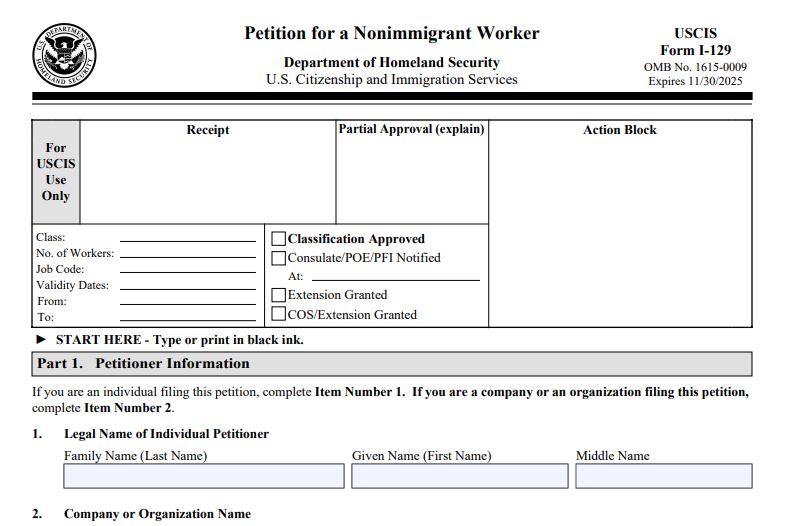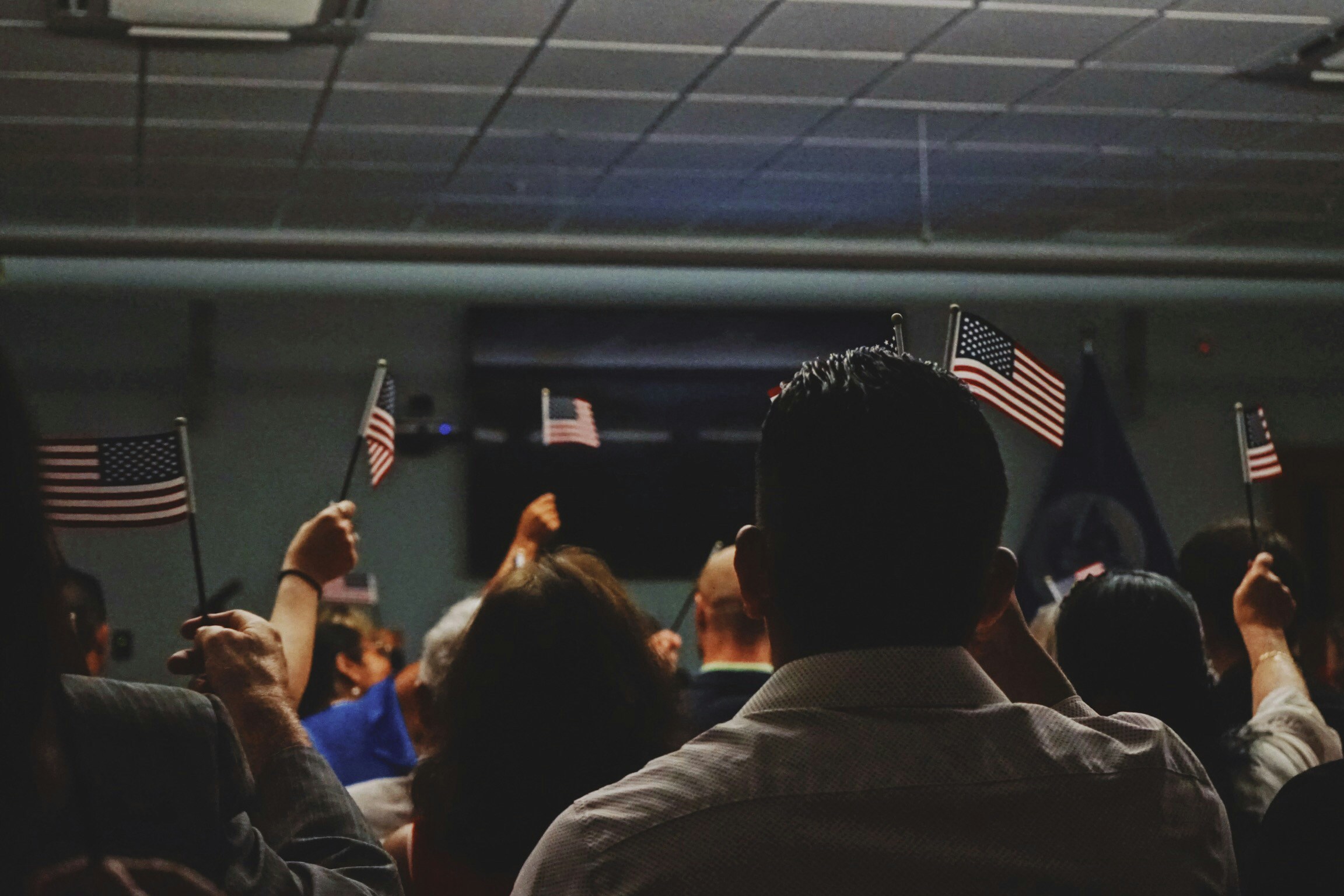
Foreign workers in the U.S. on H1B visas can ask for an extension of their authorized stay and ability to work. The United States Citizenship and Immigration Services (USCIS) manages this extension process.
Extending your H1B visa allows you to keep working in the U.S. after your initial H1B visa period ends, as long as you meet the requirements and your company files a timely extension petition. This keeps your immigration status stable and increases your job possibilities.
Key Takeaways
Table of Contents
An H-1B visa is generally good for three years. The visa may be extended for an additional three years.
To obtain an extension, the employer must file a new Form I-129 and submit additional filing fees. The cap-subject employer need not worry about the H1B cap for a renewal because the employee has already been counted against the cap, and the cap does not come into play on an H1B renewal.
The so-called 240-Day Rule allows a foreign employee who has a pending H1B renewal to continue work for the current employer for up to 240 days (8 months) or until such a renewal application is denied. Continued employment is still governed by all of the restrictions contained in the original H1B visa. This 240-Day Rule is not an independent basis for H1B renewal but instead must be based on a good faith H1B extension request.
In addition, if the H1B worker leaves the U.S. while the H1B extension is pending and within the 240-Day Rule, they will most likely have to wait outside the United States for the extension itself to be approved.
The 240-Day Rule should not be relied upon to guarantee the worker’s reentry to the U.S. The foreign national should stay in the U.S. while the extension remains pending.
A foreign employee is generally allowed a maximum of six years in H1B status. There is a way to recapture days in which the employee was outside the United States to make sure that every single day of the six years is utilized.
Once the six-year limitation is reached, the employee must be physically outside the U.S. for an entire uninterrupted year before they will be allowed to apply for another H1B. Keep in mind that after the year is up if the employee and employer wish to apply for another H1B and the job is cap-subject, they would have to enter the lottery once more.
H1B status may be extended beyond the six-year maximum in certain limited circumstances. If the employer has filed an I-140 Immigrant Petition as part of trying to obtain lawful permanent resident status (a green card) and the I-140 has been approved, an H1B extension can be filed.
H1B status can be extended for three years if the employee is the beneficiary of an approved I-140 petition, but their priority date is not yet current (an immigrant visa number is not available). Also, the immigration law allows dependents of the applicant to get an employment authorization document or AED. This way, they can work for U.S. employers or get jobs that don't require a security clearance.
Similarly, if the employer has filed a PERM labor certification application (the first step in the employment green card process) with the Department of Labor or an I-140 with USCIS and those petitions have been pending for more than 365 days, the H1B can be extended.
In these situations, the extensions are only available in one-year increments and must be renewed when the applicant remains eligible.








